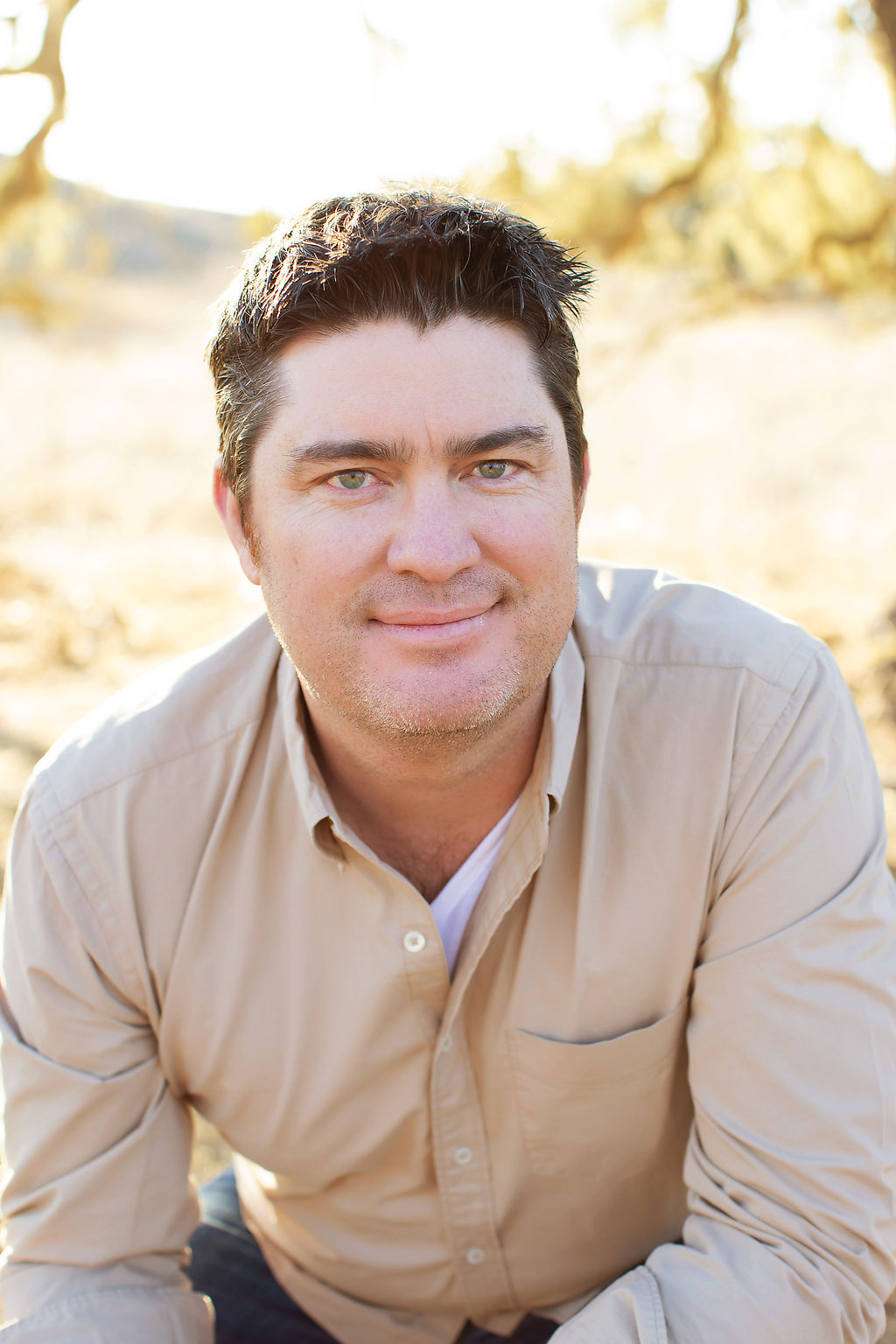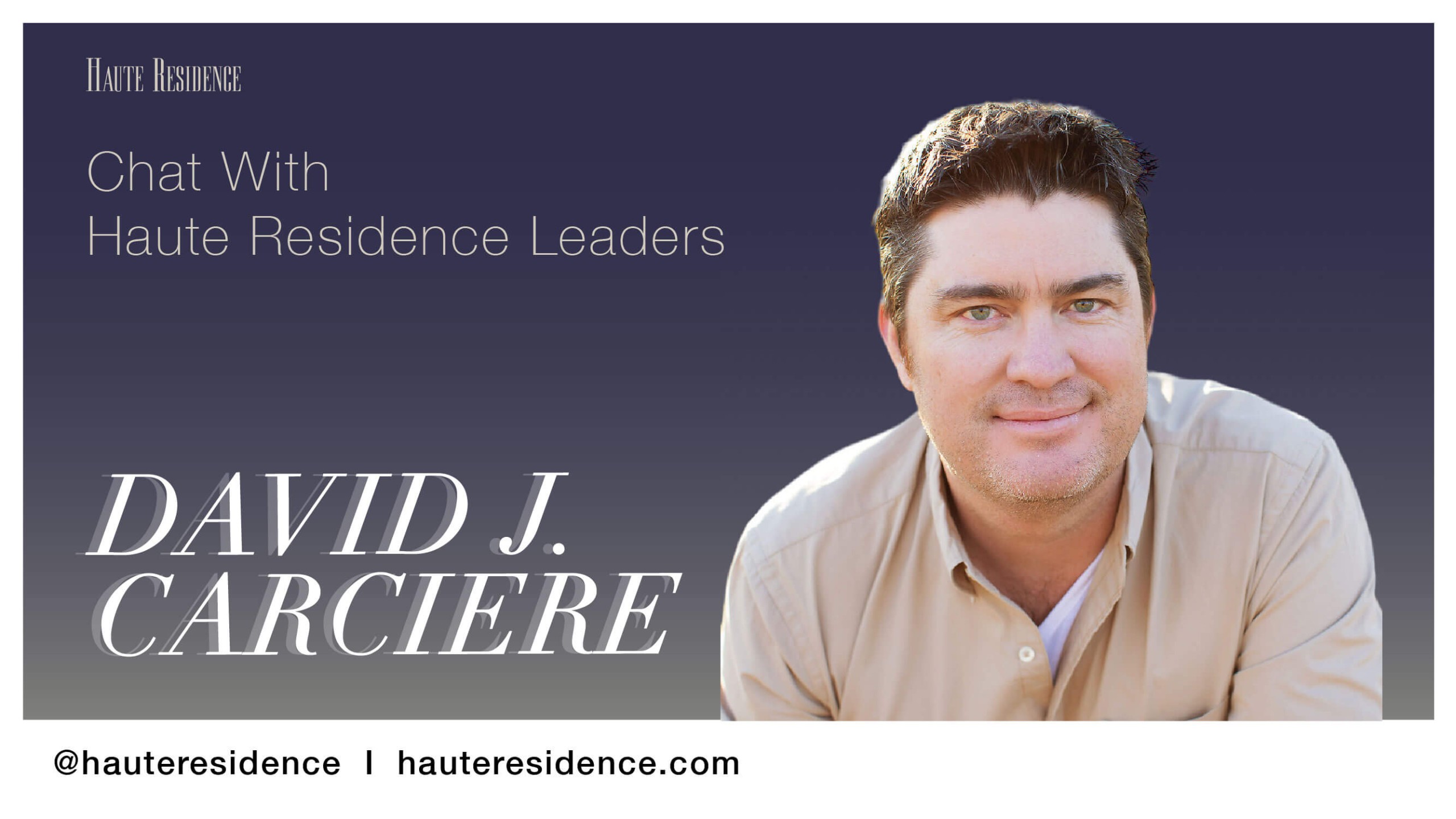Haute Residence continued its "Chat with Haute Residence Leaders" series with a conversation featuring David J. Carciere, principal of Cru Land Company. He was hosted by Haute Media Group Cofounder Seth Semilof.
Topics in their conversation include how Carciere got his start in Vineyard reality, what kind of specific properties he sells, and what kind of investments are usually made to start your very own small winery.
Based in Northern California, Cru Land Company has been around for more than 15 years in the wine vineyard industry.
Here are some of the questions and answers from the exclusive interview with Carciere.
Seth Semilof: How did you get your start? Tell us a little about your background.
David J Carciere: I went to college. I actually got an engineering degree at Cal Poly San Luis Obispo. I was partway through my program and figured out that it was not what I was going to do for the rest of my life. After about a year, I went to work for a buddy of mine who was working at a winery in Napa. I had a great time with it but wasn't really sure, then I ended up getting in on the real estate appraisal side. My uncle was in real estate investing and appraising for 40 years and I started working with him. Then I went back to Texas A&M and got a master's in land economics and real estate. When I came back here, which would have been ‘06, I did full-time appraisal of large recreational ranches and agricultural ranches. I did that for three or four years and then in 2010, I jumped over to the brokerage side. I had a business partner, and at that time we started selling really small, high-end Vineyards.
Seth Semilof: Now that you have built Cru Land Company what exactly do you sell specifically?
David J Carciere: I sell wineries, some of them are high-end, smaller-more boutique vineyards, and some of them are larger production track Vineyards. We sell tracks of land that get converted, we call it plantable land, bare ground that somebody buys to develop a Vineyard. We also do sell Vineyards with houses. Sonoma County and Napa Valley County are known for their wine country and there are plenty of estate homes around here with State Vineyards; that's a smaller segment of our market right now.
Seth Semilof: Have you ever looked at a land and thought it would be amazing and it became a bust? Or vice versa?
David J Carciere: Yes, we've certainly had things that looked better on paper than then they proved to be. Hopefully, we catch it early on in the process, such as 'This has all the makings to be a fantastic thing, but it’s not performing; or maybe the water’s not there, and we need to farm it.' We've had a couple of deals that we had to blow up because there wasn't legal recorded access, so that can be an issue. We try to catch all those things in due diligence. But, even after a vineyard's closed, it may perform better or worse than what you thought it was going to do.
Seth Semilof: How is this different from residential or commercial real estate?
David J Carciere: That's a good question, there are a lot of components of commercial real estate here (Vineyard real estate). What separates me, is knowing the market. I know exactly what we're looking for. If somebody comes to me and says, 'I want a hundred acres that I can farm efficiently, that can yield well, and it's got to be a good neighborhood, a good appellation.' As we start to pick through the properties, I know what to look for, what to pull out, and why it may or may not work. I also have access to a lot of deals that most people probably don't know about, just because I'm constantly looking and talking to people.
Seth Semilof: What kind of investment should people expect when wanting to start a casual vineyard as a hobby?
David J Carciere: It depends on where you are located. In our two neighboring counties, Lake and Mendocino counties, you could get a winery that's maybe 2,000 to 10,000 cases. So, relatively small, but certainly bigger than any single person needs if they're just making a small amount of wine. You can get those for probably $1 million to $2.5 million. Now, if you drop into Sonoma County, I sold a small Winery at about 10 acres of old vineyard that was around $2.5 million winery. If you go over the hill to Napa, I don't think anything probably starts below $5 million.
Watch their full conversation below.


